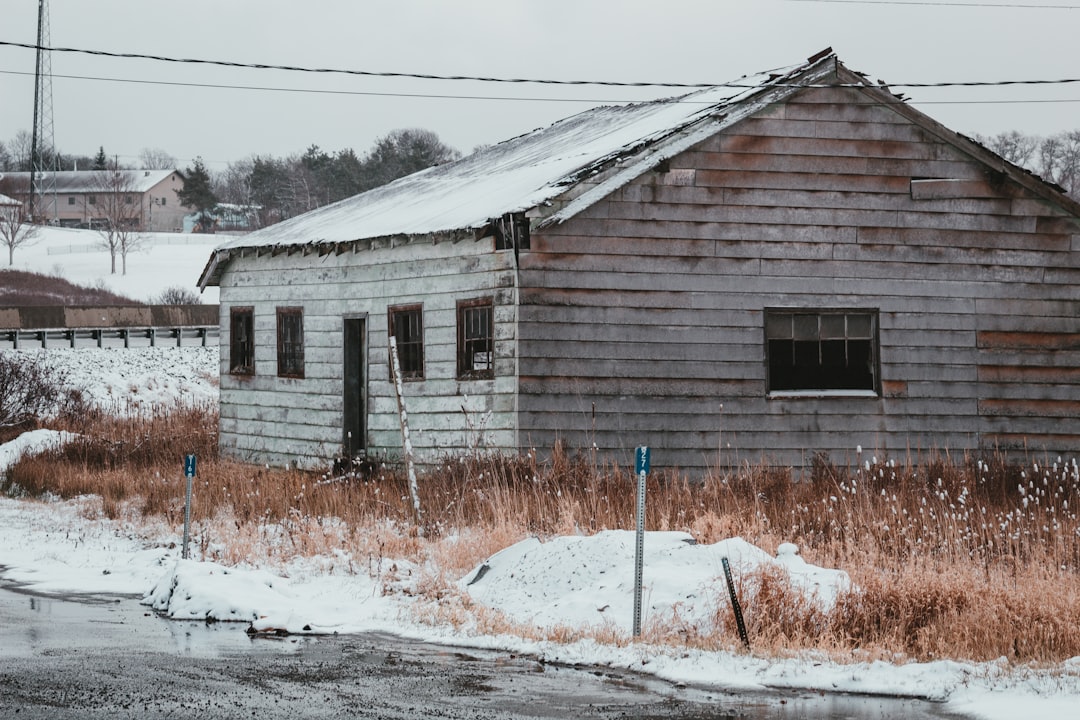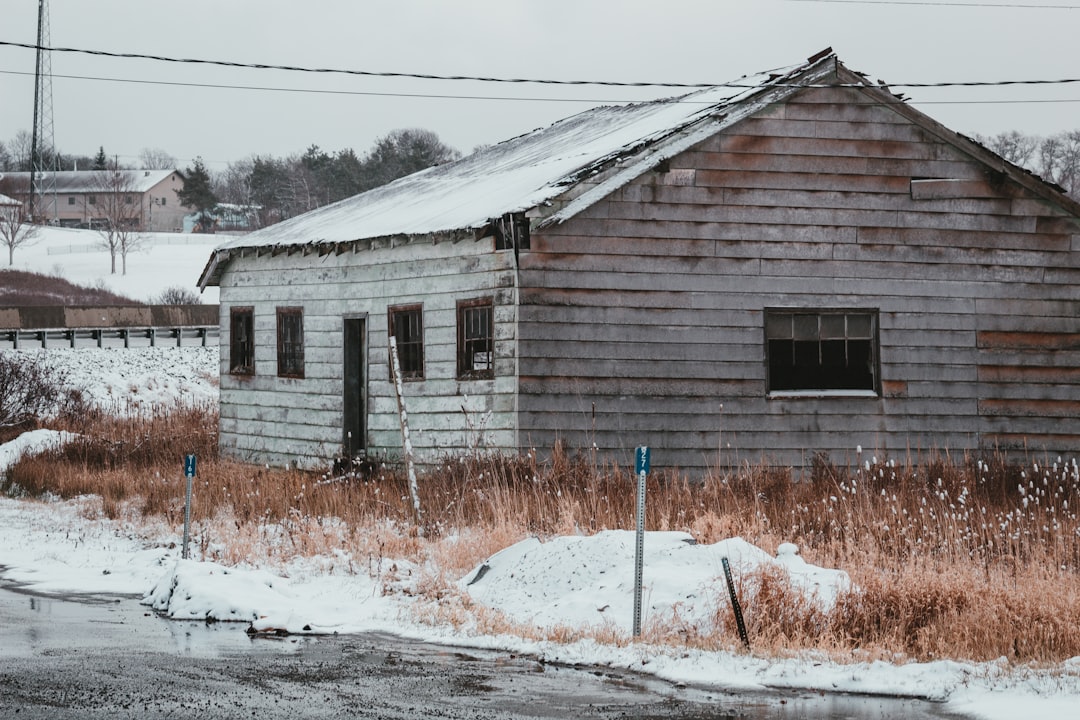Sexual assault attorneys in Pennsylvania navigate federal laws like FERPA to protect student privacy and pursue justice in campus assault cases. They offer crucial support and guidance to victims, advocating for their rights while balancing transparency and accountability. Victims can seek free consultations from experienced sexual assault attorneys dedicated to helping them through civil lawsuits against responsible parties.
“Hatfield Townships Campus Sexual Assault and Student Privacy Rights” explores the complex intersection of student safety and legal protections. In Pennsylvania, understanding campus sexual assault laws is paramount for both institutions and students. This article delves into the rights of students facing such incidents, focusing on privacy concerns and available legal options. With a keen eye on sexual assault attorneys in Pennsylvania, we navigate the challenges victims encounter and offer insights into their rights and potential courses of action.
Understanding Campus Sexual Assault Laws in Pennsylvania

In Pennsylvania, understanding campus sexual assault laws is crucial for students and institutions alike. The state has implemented various legislation to protect victims and hold perpetrators accountable. One key law is the Pennsylvania Sexual Offender Registration and Notification Act (SORNA), which requires schools to report and track sex offenders on campus. Additionally, the state has passed the Campus Sexual Assault Prevention Act (CSAPA), which sets forth specific procedures for institutions to follow when responding to incidents of sexual assault.
These laws emphasize the importance of a thorough reporting process, prompt investigations, and support services for survivors. Students should be aware of their rights, including the right to confidentiality and access to legal counsel. Sexual assault attorneys in Pennsylvania play a vital role in guiding victims through these complex legal systems, ensuring their privacy is respected while pursuing justice.
Student Privacy Rights: A Legal Perspective

Student privacy rights, particularly in the context of campus sexual assault cases, are a critical legal consideration. In the United States, including Pennsylvania, where many colleges and universities are located, student records are protected under federal laws like the Family Educational Rights and Privacy Act (FERPA). These laws grant students the right to control the release of their educational information, including details related to disciplinary actions, such as sexual assault allegations.
Sexual assault attorneys in Pennsylvania often navigate these legal frameworks to ensure that student privacy is upheld while still facilitating justice. They work closely with universities to understand and adhere to FERPA regulations, which can be complex. The goal is to balance the need for transparency and accountability regarding campus safety with the protection of students’ personal and sensitive information. This delicate balance is crucial in fostering a safe learning environment and ensuring that student privacy rights are preserved throughout legal processes related to sexual assault allegations.
Navigating Legal Options for Victims of Sexual Assault

Navigating legal options after experiencing sexual assault can be a daunting task, especially on a college campus. Victims in Pennsylvania have rights and resources available to them, including the option to seek representation from sexual assault attorneys. These lawyers specialize in handling cases involving sexual misconduct, providing crucial support and guidance throughout the legal process.
When considering legal action, victims should look for experienced sexual assault attorneys who understand the complexities of these cases and can advocate on their behalf. In Pennsylvania, there are numerous law firms dedicated to protecting the rights of survivors, offering free consultations to discuss potential options, including civil lawsuits against institutions or individuals responsible for the assault. This step is essential in ensuring that victims’ voices are heard and seeking justice and accountability.





